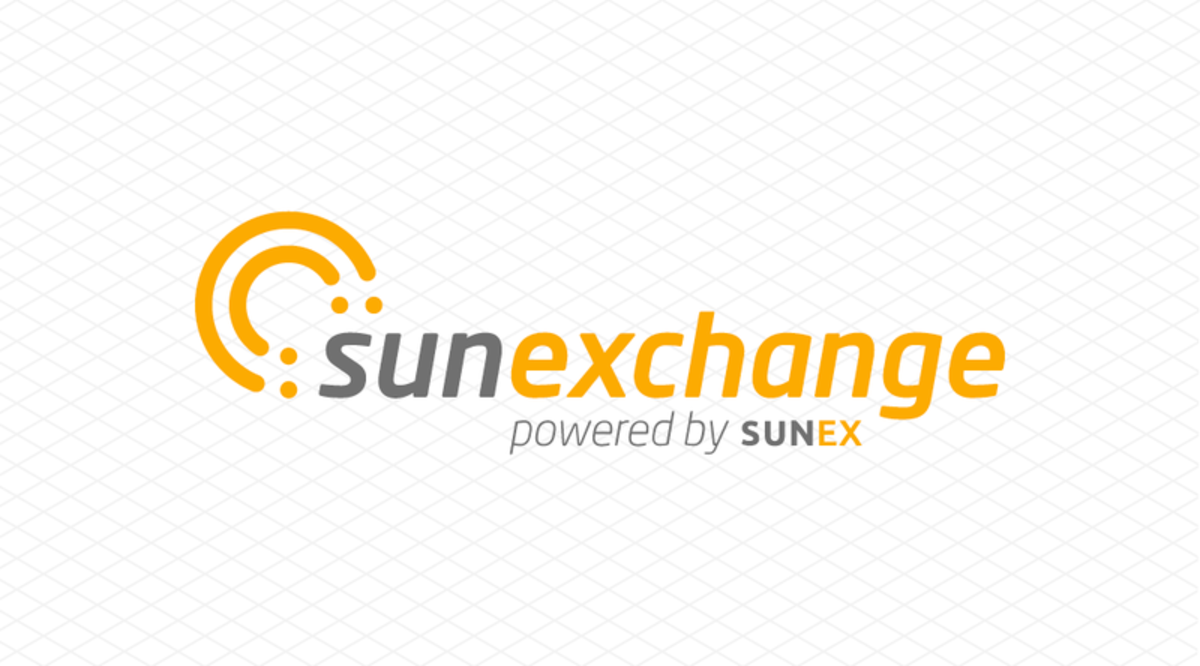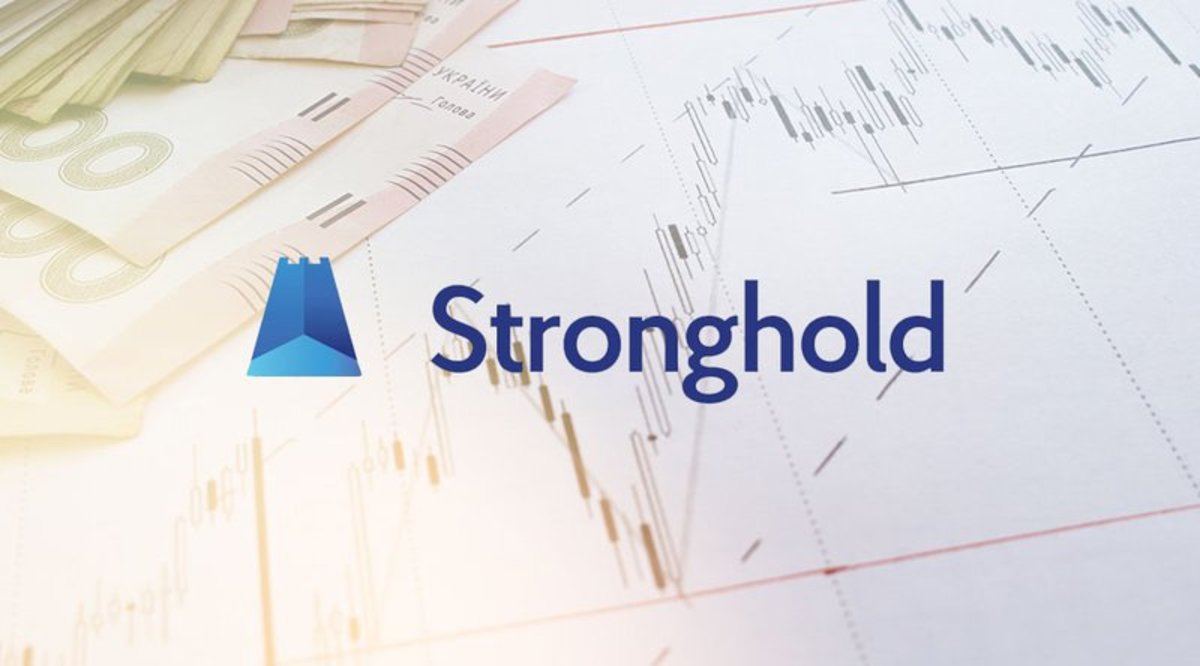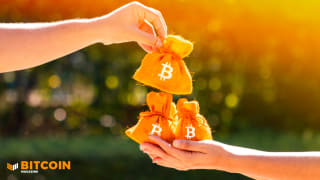
Now, Sun Exchange, a South Africa-based startup, has developed a solution to Africa’s solar electrification dilemma centered on the intersection of three fast-growing technologies: blockchain, crowd-sourcing and solar photovoltaics. Sun Exchange has combined and synergized these technologies seamlessly on its online platform, enabling people around the world to purchase solar panels that are then leased into projects in Africa to passively collect bitcoin from the leasing of the solar cells that provide clean and affordable electricity at no upfront cost to businesses and communities.
“I believe being able to harness energy from our star to be a basic human right,” said Abe Cambridge, Sun Exchange’s founder and CEO. “The Sun Exchange provides the tools for anyone on Earth to exercise that right. We are turning sunlight into a universal source of income. While most solar investment opportunities require a large minimum investment, with Sun Exchange you can buy into a solar project with increments of just $10 in bitcoin equivalent to start, and then increase the number of solar cells you own substantially over time if you like the platform and are happy with the returns.”
Ushering in an Era of Solar-Powered Money
Sun Exchange manages solar panel owners’ leases and the installation of the solar panels purchased through its platform onto the rooftops of either businesses or even whole community-scale rural micro-grids. As electricity from the solar panels is generated, used and paid for, bitcoin is deposited into the Sun Exchange user’s account as a continuous cryptocurrency income stream that the user can expect to enjoy for a couple of decades.
“The Sun Exchange started in 2015 as an Indiegogo project, and has since raised $1.6 million in seed money,” Cambridge explained. “We now have over 6,000 Sun Exchange members in 91 countries. Five solar plants are now being powered by our members’ solar panels and are paying out bitcoin income. And right now, Sun Exchange is inviting our members to buy solar panels to power a recycled plastics facility plant in Cape Town, which is one of the sunniest cities on the planet.”
Funding High-Impact, Off-Grid Projects
Sun Exchange locates projects where there is abundant sunlight, where smaller scale solar projects —sized a megawatt or less — are still commercially viable. The impact of such systems can be big, such as transforming remote villages into solar-powered communities that otherwise wouldn’t be able to meet the costs to install the requisite cells, but instead, through the Sun Exchange, are able to access clean and affordable solar power at no upfront cost. The core technology that makes this possible is Bitcoin, which is accelerating the growth of solar energy in Africa by providing the financial infrastructure that make possible projects that would otherwise never be built. Just as Africa leapfrogged telephone lines and went straight to cell phones, Bitcoin gives Africa instant access to a global financial market and communities can now skip fossil fuel utility grids and go straight to solar.
“Sun Exchange opens up high-impact, off-grid solar installations projects in emerging markets to anyone who wish to own solar panels in the sunniest places around the globe,” said Cambridge. “So not only are the solar panels going to produce more energy, and therefore have a greater environmental benefit, but these projects have a much bigger impact on individual lives and businesses than projects that simply provide extra electricity to an existing grid in a developed country.”
Businesses and small communities in emerging markets often lack the upfront capital to go solar. The reason why thousands of perfectly viable solar projects sit on the drawing board is due simply to a lack of access to funding. Prior to a project moving forward and before anything has been installed, Sun Exchange raises all of the capital required for the installation by pre-selling the solar panels that make up the project to its members. Once costs are covered, the array is purchased, installed and goes online within 60 days.
Unlocking Africa’s Solar Potential
“Growing low-cost clean energy in Africa is imperative for its development,” Cambridge said. “So what’s the barrier; why is Africa not going solar? We have the technology, the skills and the desire. What’s missing is the financial infrastructure.”
Africa is unbanked across most of the continent. But with the Sun Exchange, a $10 solar cell owned by anyone on Earth can be leased to someone in Africa for 20 years and that single solar cell could be owned by somebody in another region of the world where it might not make sense to install a solar panel.
“Our cryptocurrency-enabled system enables borderless solar ownership,” Cambridge said. “Anyone can own solar panels located in sun-drenched locations and earn an income from them.”
Sun Exchange makes transferring payments and value across borders cheap and easy. Using reserve banks and SWIFT comes with a huge cost of effort and cash value when using euros, USD or South African rand. Cryptocurrency breaks that barrier.
“We can now transact with the whole world while at the same time reducing the cost of ownership investment down to a single solar cell,” Cambridge explained. “I like to say that we are streaming monetized African sunshine around the world in real time, 24/7/365.”
A campaign to power a plastics recycling factory in Cape Town with solar electricity will be the largest Sun Exchange project to date. The Nioro Plastics 473kW solar array will power the recycling of used plastic bottles into new bottles. Anyone interested in generating a passive bitcoin income stream from the project can sign up here.
SUNEX Token Sale
Sun Exchange recently introduced SUNEX, its own digital rewards token, which can be earned to get discounts on the Sun Exchange marketplace and can be used to stake into a solar project insurance fund. The SUNEX Network Token is currently available for purchase through a public token sale event, which will run through December 31.
Note: Trading and investing in digital assets is speculative and can be high risk. Based on the shifting business and regulatory environment of such a new industry, this content should not be considered investment or legal advice.










